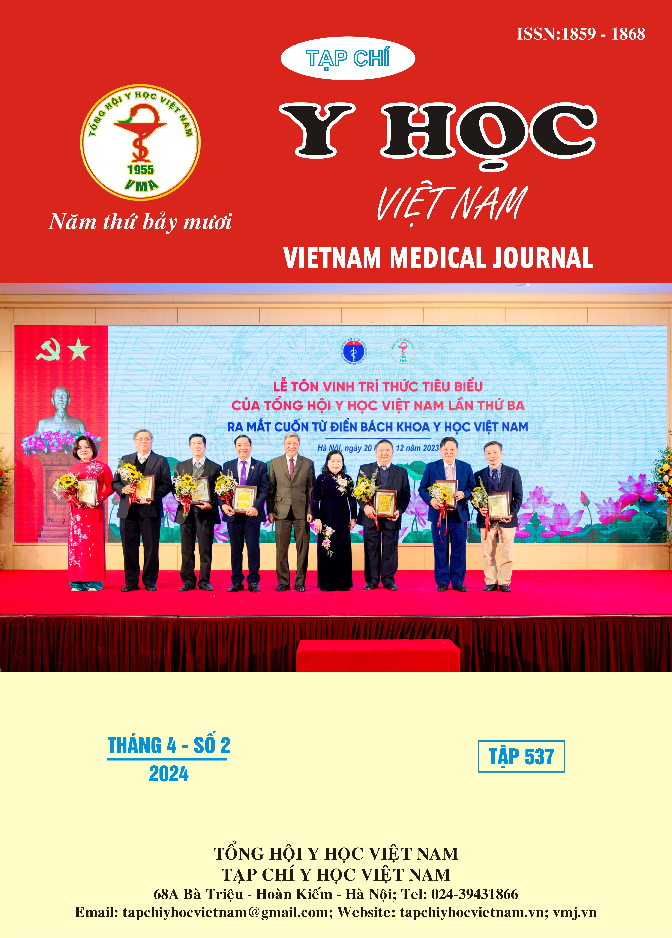SWALLOWING THERAPY BASED INTERVENTION FOR ACUTE ISCHEMIC STROKE PATIENTS WITH DYSPHAGIA: A SYSTEMATIC REVIEW
Main Article Content
Abstract
Aims: To examine the effectiveness of swallowing therapies Based Intervention for acute ischemic stroke with dysphagia. Design: A systematic review. Data sources: Search was performed in PUBMED and Cochrane library. Methods: Literature search was performed during August to September 2022 using inclusion and exclusion criteria. PRISMA guidelines were followed. Identified records were reviewed by title, abstract and by the full text by main researcher then made a quality assessment of the included studies. Included studies were extracted and synthesized. Results: In total, 335 articles were retrieved via database searching. Following initial screening, 30 full-text articles were screened, of which six met our inclusion criteria. The review therefore includes findings from six studies which were assessed as high quality. Three studies were RCTs, one study was quasi-experimental, and two studies were retrospective analysis of two clinical trials which delivered in stroke center of different hospitals setting. All six studies reported significant improvements in swallowing function and quality of life during the treatment and follow-up period. Conclusion: Swallowing interventions after stroke are strong evidence to reduce the incidence of aspiration pneumonia and improve the swallowing function.
Article Details
Keywords
Post stroke dysphagia, acute ischemic stroke, swallowing function rehabilitation therapy.
References
2. Wirth, R., et al., Oropharyngeal dysphagia in older persons - from pathophysiology to adequate intervention: a review and summary of an international expert meeting. Clin Interv Aging, 2016. 11: p. 189-208.
3. Arnold, M., et al., Dysphagia in Acute Stroke: Incidence, Burden and Impact on Clinical Outcome. PLoS One, 2016. 11(2): p. e0148424.
4. Hien, N.T., et al. Factors Related to Health Status among Ischemic Stroke Patients with Dysphagia. 2017.
5. Trung, N.Đ., Nghiên cứu rối loạn nuốt ở bệnh nhân nhồi máu não bằng thang điểm của Mann và đánh giá các yếu tố liên quan. 2016. Luận văn Bác sĩ CK II, Trường Đại học Y Hà Nội: p. 108.
6. Gomes, C.A., Jr., et al., Percutaneous endoscopic gastrostomy versus nasogastric tube feeding for adults with swallowing disturbances. Cochrane Database Syst Rev, 2012(3): p. Cd008096.
7. Bath, P.M., H.S. Lee, and L.F. Everton, Swallowing therapy for dysphagia in acute and subacute stroke. Cochrane Database Syst Rev, 2018. 10(10): p. Cd000323.
8. Zheng, L., Y. Li, and Y. Liu, The individualized rehabilitation interventions for dysphagia: a multidisciplinary case control study of acute stroke patients. Int J Clin Exp Med, 2014. 7(10): p. 3789-94.
9. Liberati, A., et al., The PRISMA statement for reporting systematic reviews and meta-analyses of studies that evaluate health care interventions: explanation and elaboration. PLoS Med, 2009. 6(7): p. e1000100.
10. Arnold, R.J. and N. Bausek, Effect of respiratory muscle training on dysphagia in stroke patients-A retrospective pilot study. Laryngoscope Investig Otolaryngol, 2020. 5(6): p. 1050-1055.
11. Carnaby, G., G.J. Hankey, and J. Pizzi, Behavioural intervention for dysphagia in acute stroke: a randomised controlled trial. Lancet Neurol, 2006. 5(1): p. 31-7.
12. Priya, N. A study to assess the effectiveness of Chin Tuck Against Resistance (CTAR) exercise in improving swallowing ability among Cerebrovascular accident patients with dysphagia at selected hospital, Coimbatore. 2017.


